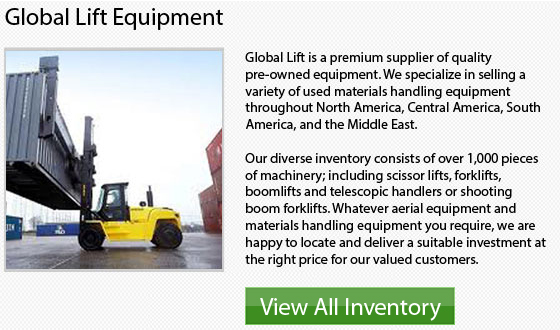
Whether you are thinking of expanding your business fleet of forklifts or if you are just beginning with your first lift truck, the number of decisions which go into selecting a second-hand or new forklift could be overwhelming. There is such a huge range of choices such as internal combustion or IC engines, electric models or the latest hybrid lifts. Making time to know all your requirements and get what you want out of your equipment in order to facilitate unloading and loading applications for your warehouse or dock is really essential.
The upfront expenses are of course a key consideration when making a huge purchase. The long term operating expenses of the forklift also has to be considered. For example, remember that your biggest cost in this category is going to be the fueling expenses connected with utilizing your forklift.
Amongst the existing internal combustion forklifts on the market these days, the diesel model tends to offer some of the cheapest fuel and operating costs. These forklifts could out-lift and out-power your typical electric forklift without difficulty.
Similar to all lift truck models, there are numerous advantages and disadvantages connected with diesel lift trucks. The following is a brief buying guide for diesel forklift units in order to help you cut through the confusion and help determine the unit best for all your needs. By knowing about the possible pitfalls, you will be prepared to make a wise purchase.
The low operating expenses of the diesel lift truck is probably their biggest benefit. The diesel model is usually the cheapest alternative for fuel for IC lifts. Even if electric lifts are cheaper in the long run, they don't necessarily work the best outdoors.
Although diesel lift trucks are ideal for outdoor environments, they are however not used correctly indoors. The emissions from a diesel units could be hazardous if not ventilated correctly in an indoor warehouse. Moreover, diesel forklifts are significantly louder than their emission-free electric counterparts.